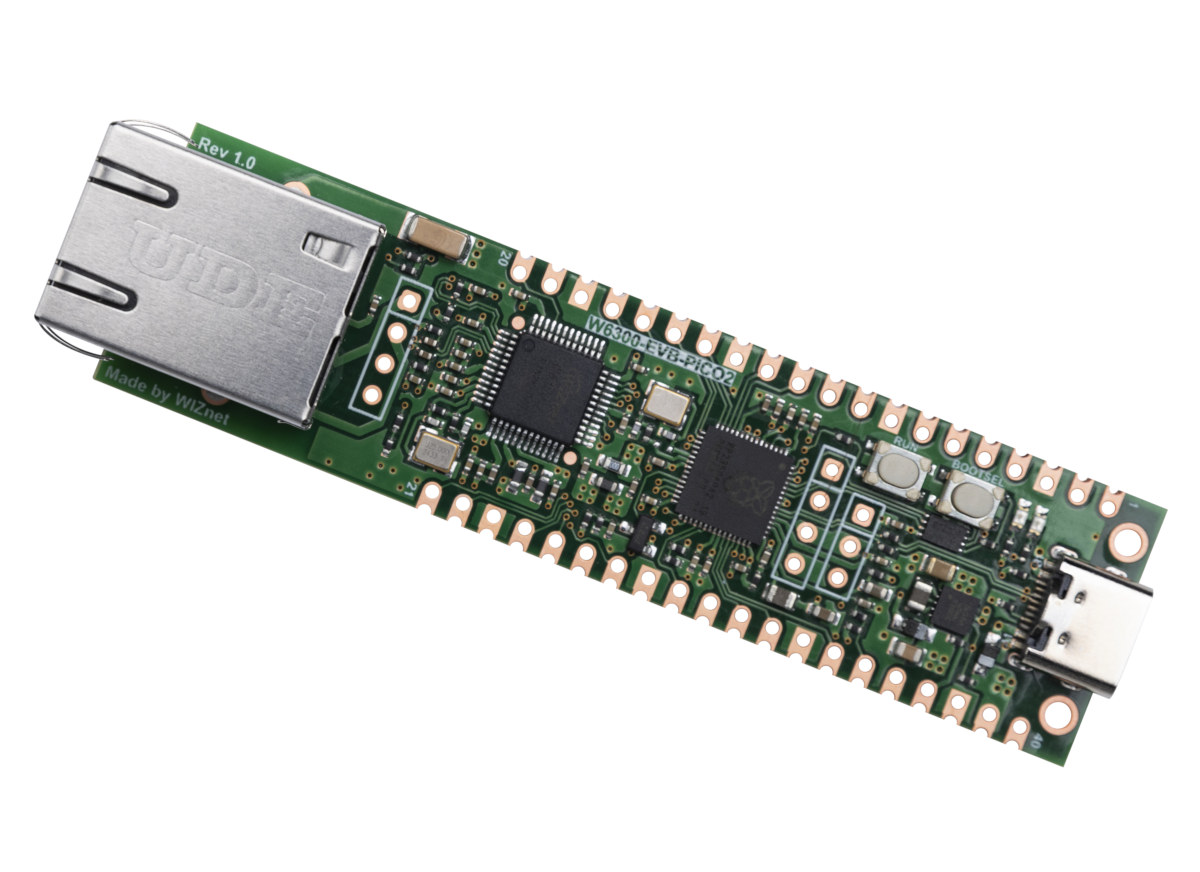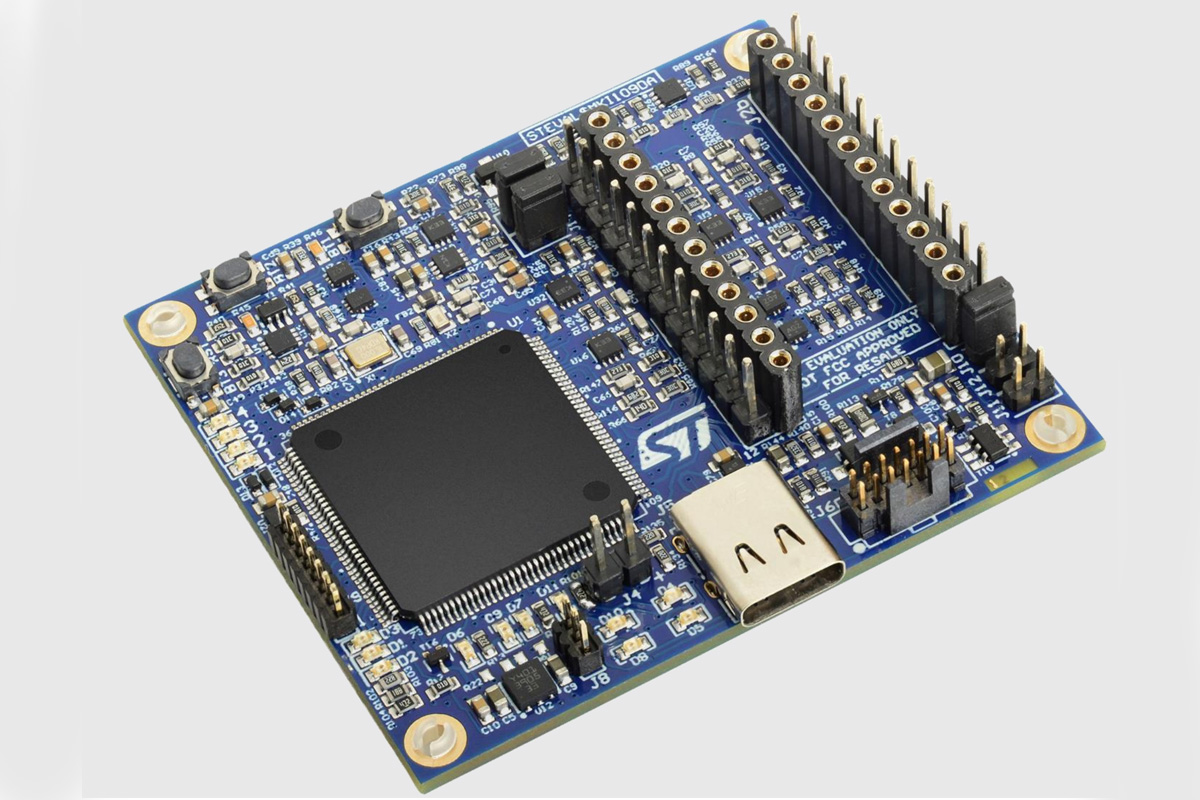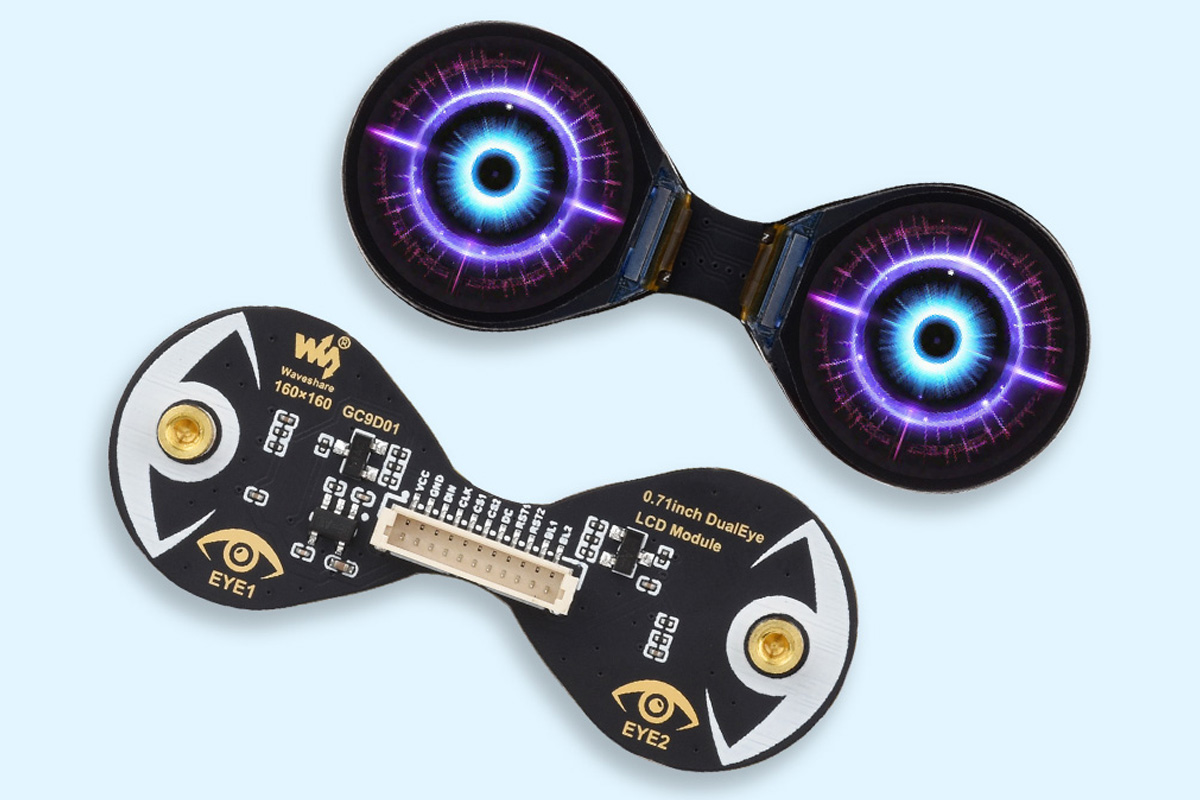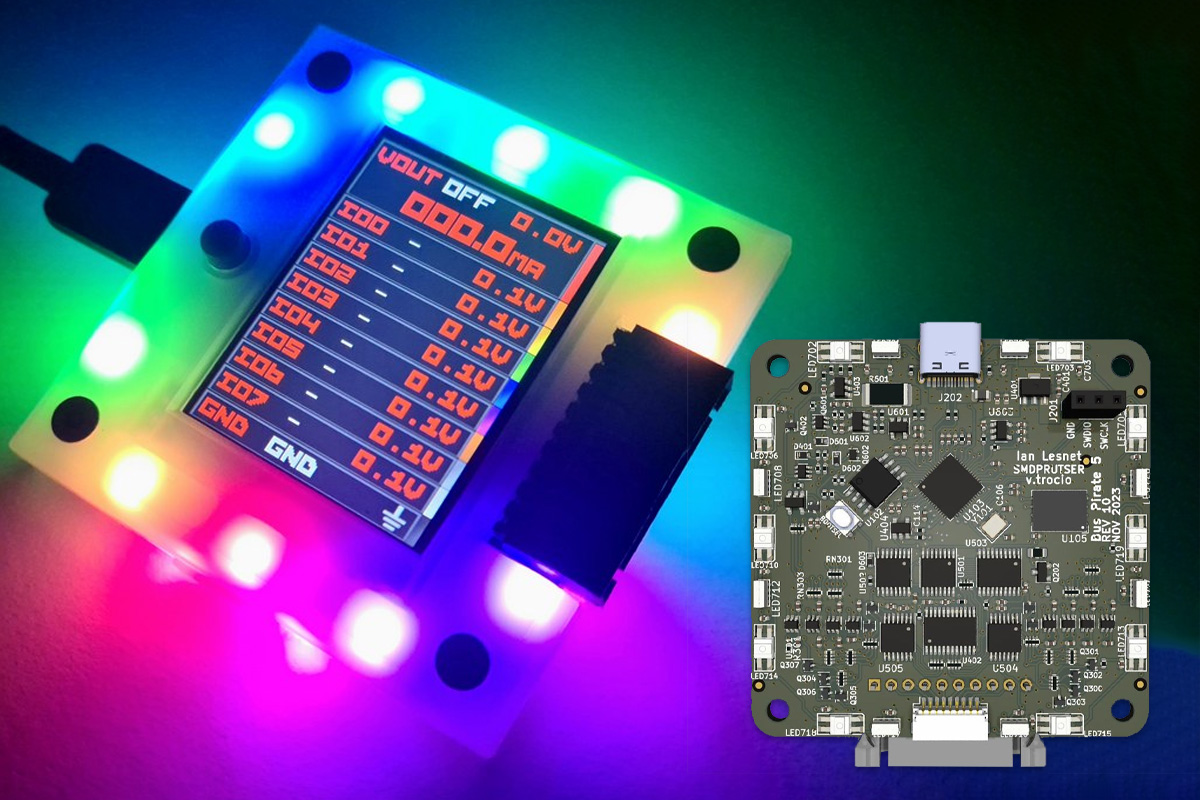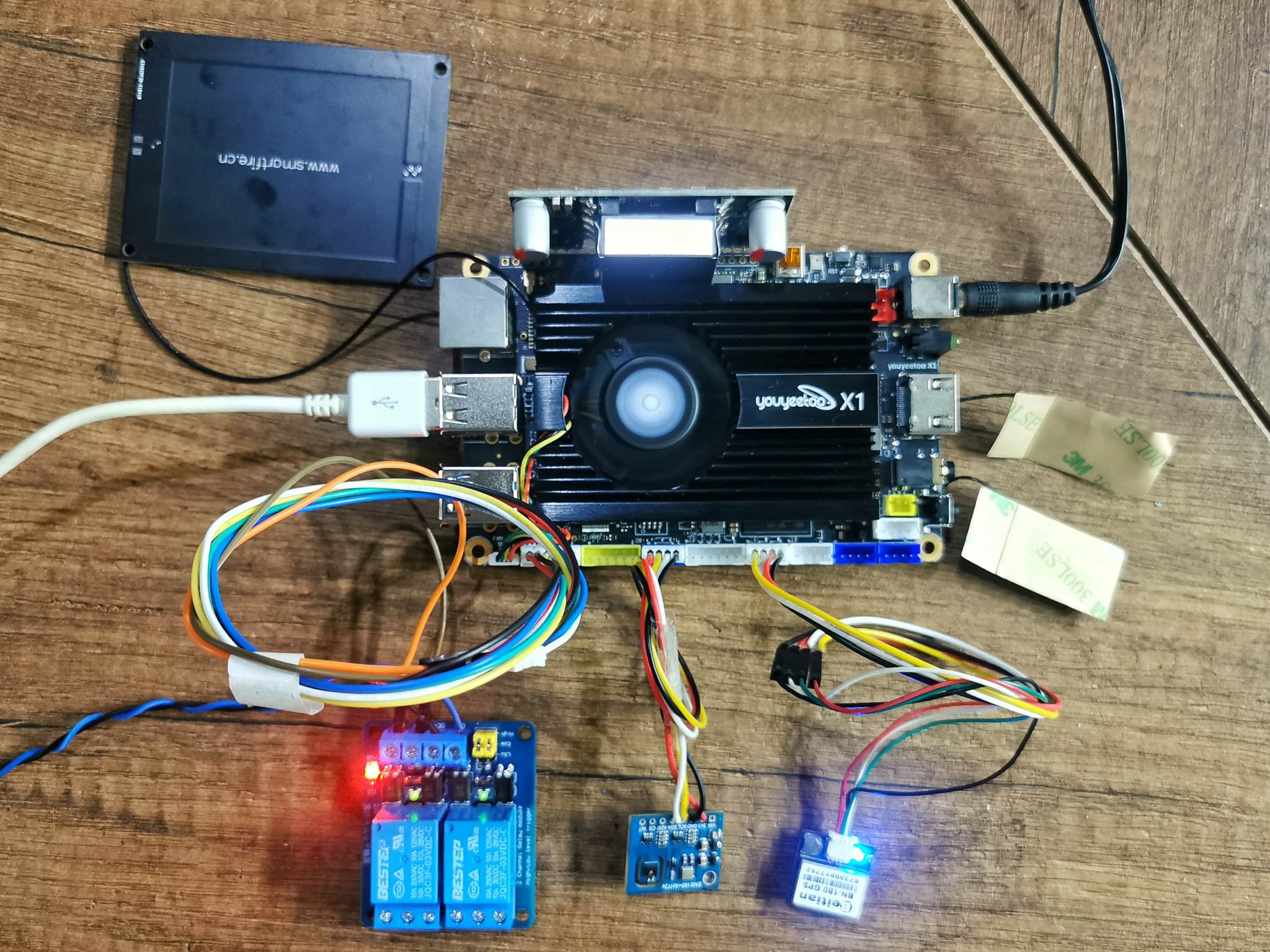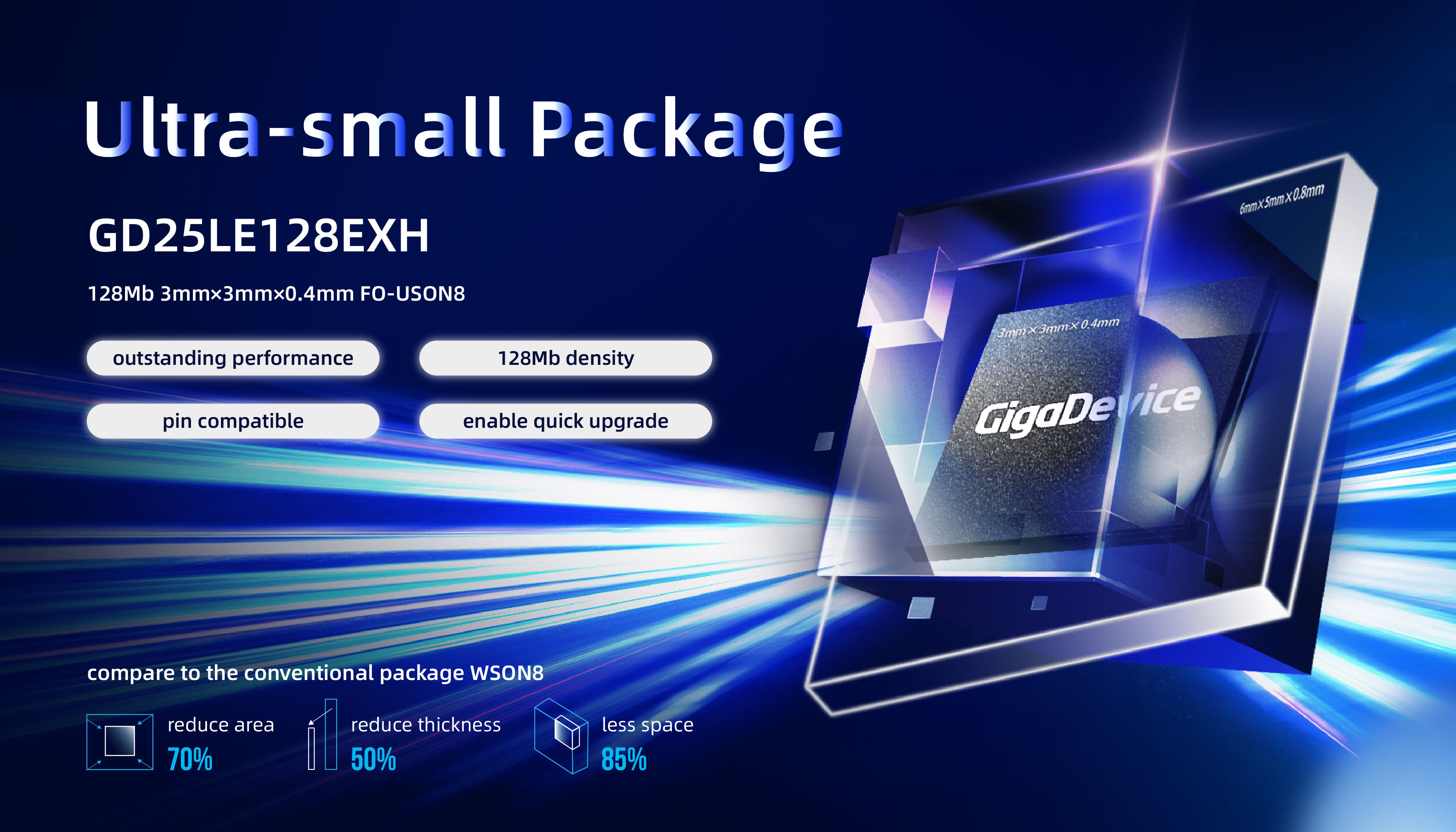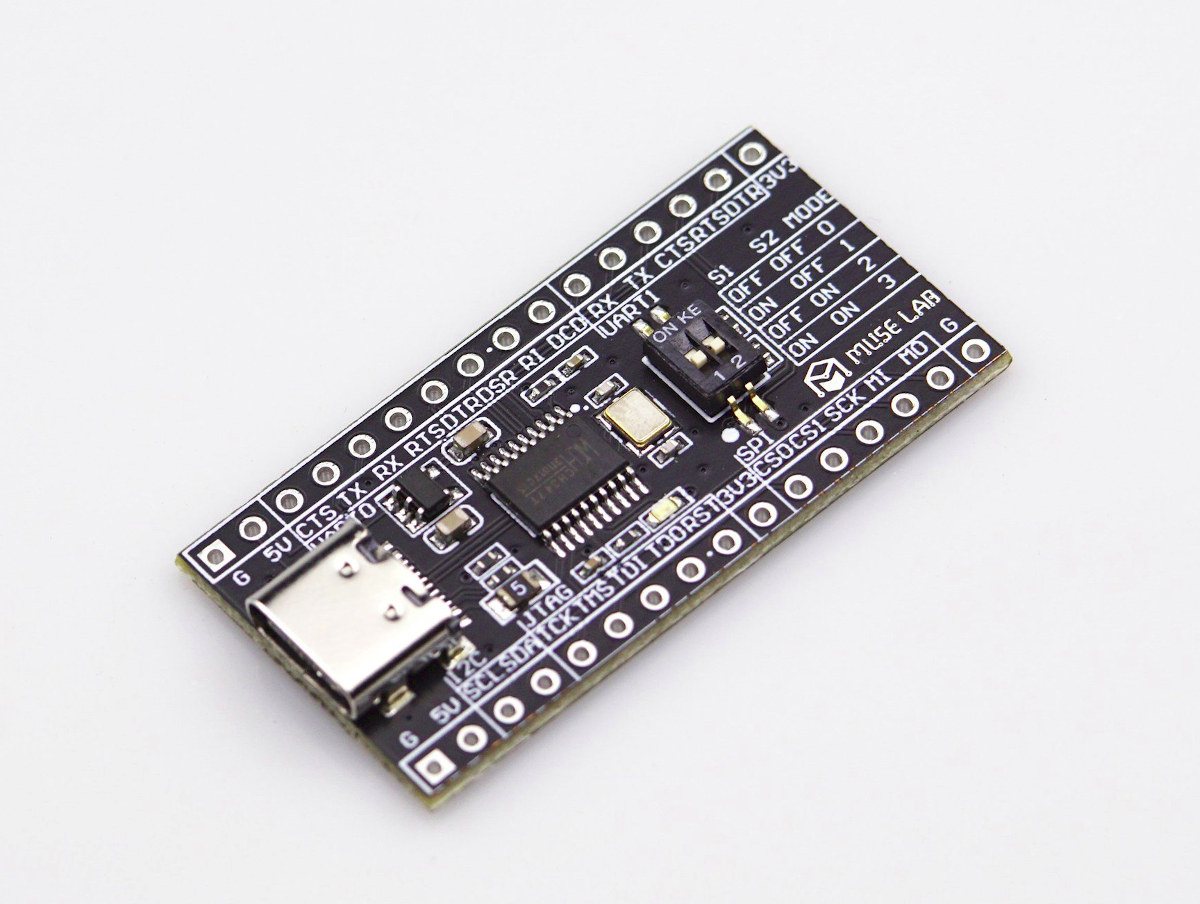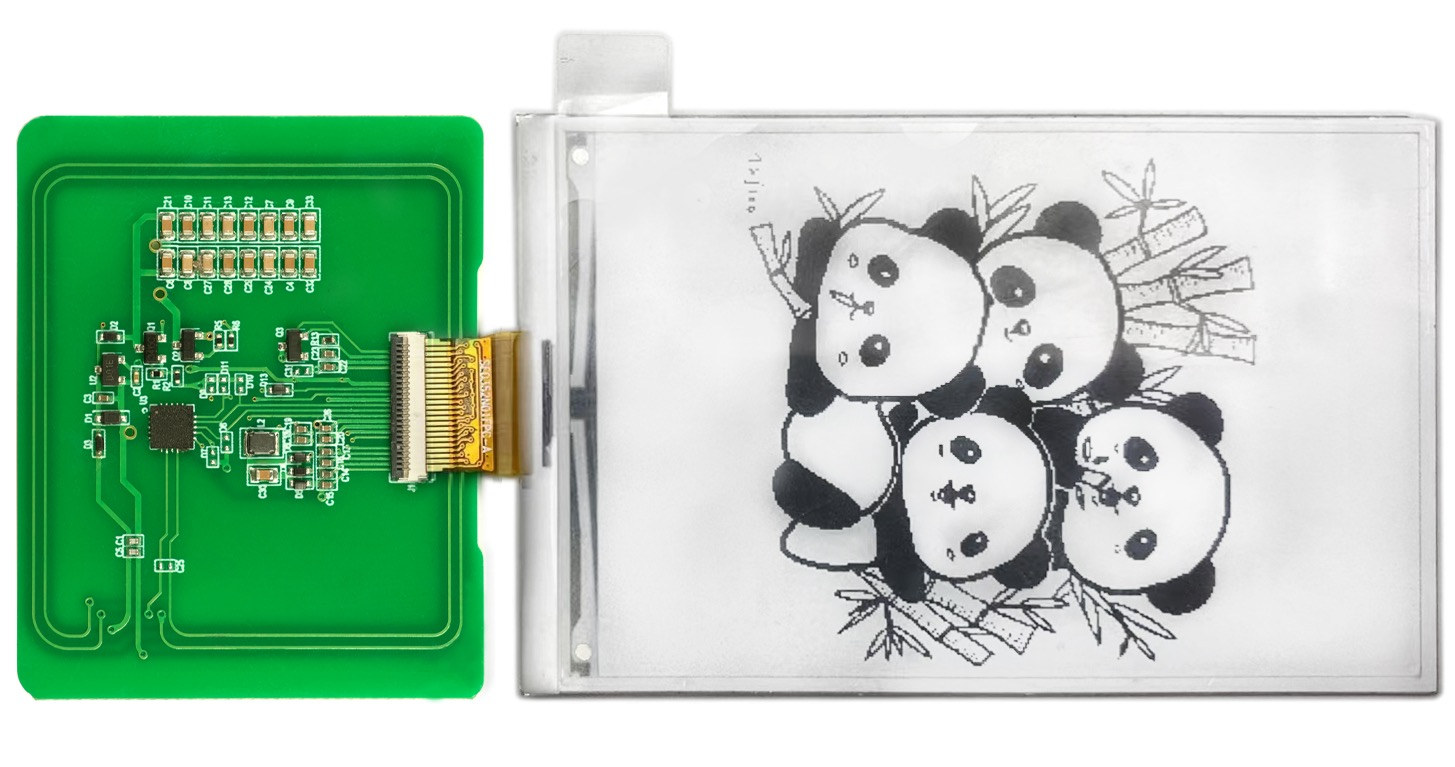WIZnet W6300-EVB-Pico2 is a development board that combines a Raspberry Pi RP2350 MCU with the company’s new W6300 QSPI Ethernet controller capable of 80+ Mbps data rates. WIZNet has made several 10/100Mbps Ethernet controllers over the years that connect to microcontrollers via SPI, but the speed is often limited to 15 to 70 Mbps due to a low SPI clock frequency and small buffers. The WIZNet W6300 Ethernet controller can deliver higher speed thanks to a 150MHz system clock, a QSPI interface with four data lines, 64KB SRAM, and 4KB TX/RX buffer for each of the 8 sockets. W6300 QSPI Ethernet controller W6300 features and specifications: Host Interface – High-speed QSPI (MODE 0/3), system bus with 2 address signals & 8-bit data Internal 32KB SRAM for Tx/ Rx buffers (64KB in total) 8x independent sockets with 64KB Memory 10BaseT / 10BaseTe / 100BaseTX Ethernet PHY Integrated Auto negotiation (Full and […]
STMicro’s STEVAL-MKI109D evaluation board supports all ST MEMS sensors with a DIL24 socket
STMicroelectronics has introduced the STEVAL-MKI109D a MEMS sensor evaluation board, designed to test and optimize STMicro’s MEMS sensors for various applications, including industrial automation, smart agriculture, and consumer electronics. Built around the STM32H563ZI Arm Cortex-M33 MCU this development board features I²C, I3C, and SPI interfaces, along with a TDM interface for high-speed sensor data communication. The board is also compatible with STMicro MEMS DIL24 adapter boards, which makes it easy for engineers to test different sensors. Additionally, it has software-adjustable power circuitry (0–3.6V), and onboard power monitoring for accurate analysis of sensor performance. STEVAL-MKI109D specifications Main MCU – STMicro STM32H563ZI Arm Cortex-M33 MCU with DSP and FPU Storage – MicroSD card slot Sensors – Supports all STMicro MEMS DIL24 compatible adapter boards Interfaces – I²C, I3C, SPI, TDM USB – USB Type-C connector for power and programming Misc Onboard J6 connector for STM32 programming and debugging Onboard J9 connector for […]
Waveshare Double Eye LCD module is a high-tech alternative to googly eyes
Waveshare has recently launched the Double Eye LCD module (also known as the 0.71inch DualEye LCD module), a high-tech alternative to googly eyes, with two 0.71-inch round IPS displays with 160×160 pixels of resolution and 65K color depth. It uses the GC9D01 driver and communicates via an SPI interface. The module operates at a 3.3V or 5V and is designed so that both ESP32 and Arduino boards can drive it. These features make this device useful for applications like wearables, robotics, IoT devices, etc… Waveshare Double Eye LCD module specifications: Display Type – Dual 0.71-inch round LCD displays Resolution – 160×160 pixels Panel – IPS (wide viewing angle) Colors – 65K colors Pixel Pitch – 37.5 × 112.5 µm Controller and Driver Driver – GC9D01 Interface – SPI Operating Voltage – 3.3V / 5V Dimensions Display – 18 mm ∅ per round LCD Module – 51 x 20 mm The […]
Bus Pirate 5XL and 6 hardware debugging tools utilize Raspberry Pi RP2350A and RP2350B microcontrollers
The Bus Pirate 5XL and 6 are open-source hardware debugging tools respectively based on Raspberry Pi RP2350A and RP2350B and designed to simplify interaction with various bus protocols like 1-Wire, I2C, SPI, UART, several LEDs, and more. The idea is to send commands to a chip or sensor and get the response, without writing a single line of code making it ideal for hardware hacking and tinkering. The devices feature buffered I/O pins with voltage and current measurement, a programmable power supply with current limiting, an RGB LCD for pin status and info, and an auxiliary header for connecting logic analyzers. All these features make this device useful for applications like debugging circuits, prototyping projects, and reverse engineering devices. The new devices are updates to the Bus Pirate 5 based on Raspberry Pi RP2040 MCU. You’ll find Bus Pirate specifications for the three models in the table below. The original […]
Youyeetoo X1 x86 SBC Review – Part 2: GPIO, UART, I2C, SPI, NFC, PoE module, and power consumption
The Youyeetoo X1 x86 single board computer (SBC) with an Intel Celeron N5105 Jasper Lake CPU differs from a typical Intel or AMD mini PC by its range of IOs including SPI, I2C, UART, NFC connectivity, and support for PoE module that you won’t find in a typical computer, and that’s what we will test in the second part of the X1 SBC review along with power consumption. The Youyeetoo X1 SBC is also different from Arm-based single board computers since we can just install any x86-compatible operating system by ourselves, and w don’t need to flash a board-specific image like we would do with Arm SBCs and peripherals such as SPI, I2C or UART may be or may not usable immediately due to lack of supported drivers. We’ve already installed Ubuntu 22.04 on the Youyeetoo X1 in the first part of the review, so in the second part, we’ll […]
Gigadevice GD25LE128EXH is a tiny 3x3mm 128Mbit SPI NOR flash
GigaDevice Semiconductor has just launched the GD25LE128EXH 128Mbit SPI NOR Flash in a tiny ultra-compact 3x3x0.4mm FO-USON8 package designed for IoT, wearables, healthcare, and networking products. The GD25LE128EXH supports up to 133MHz frequency with four channels delivering up to 532Mbit/s data throughput. GigaDevice also highlights the low power consumption of just 6mA when reading, or a reduction of power consumption by 45% compared to previous devices. GD25LE128EXH specifications: Density – 128Mb I/O Bus – Single I/O, Dual I/O, Quad I/O, QPI Frequency – 133 MHz (x1 x2 x4) Features H/W RESET WP# Security Registers with OTP Locks Suspend Unique ID HOLD# Voltage – 1.65V~2.0V Package – FO-USON8 3x3mm Temperature Range – -40°C~85°C; -40°C~105°C, or -40°C~125°C The GD25LE128E SPI flash is also available in SOP8 208mil, USON8 4x4mm, WSON8 6x5mm, WSON8 8x6mm, and WLCSP (4-4 ball array) packages, which means the GD25LE128EXH’s FO-USON8 package reduces area by 70% and thickness by […]
$5 CH347 board is a USB 2.0 bridge to I2C, SPI, UART, JTAG, and GPIO
MuseLab USB-HS-Bridge is an inexpensive ($5) board based on WCH CH347 chip with a USB 2.0 Type-C interface that acts as a bridge for I2C, SPI, UART, and JTAG interfaces, as well as GPIOs. It’s notably useful to debug and download bitstreams to FPGA development boards, but it can also be used to connect various peripherals such as I2C sensors, SPI flash devices, UART devices to basically any host with a spare USB 2.0 host port. USB-HS-Bridge specifications: Chip – WCH CH347 high-speed USB to UART, I2C, SPI and JTAG chip (See link to the datasheet for details) USB – 1x USB 2.0 Type-C port with up to 480 Mbps data rate I/Os – 2x 16-pin header with 2x UART interfaces up to 9 Mbps baudrate 1x I2C for EEPROM or sensors 1x SPI master interface with 2 chip select signals to control up to 2x SPI slave devices. The […]
HiPo batteryless NFC-powered 3.52-inch e-Paper display also comes with an SPI interface (Crowdfunding)
HiPo is a 3.52-inch black and white e-Paper Display that can be updated through NFC without the need for external power and offers an alternative to the 4.2-inch and 7.5-inch NFC-powered e-Paper displays from Wareshare that also operate without battery only using the data and power from NFC to update the image. Alternatively, Guangdong SID Technology’s HiPo display can also be connected to an SPI adapter board allowing the users to connect it to an STM32 board provided by the company, but it could also be used with Arduino boards, ESP8266 & ESP32 hardware platforms, Raspberry Pi SBCs and MCU boards, or any platform with an SPI interface. HiPo specifications: Controller – Ultrachip UC8251 all-in-one driver IC with timing controller for E-tag applications Display 3.52-inch B&W e-Paper display with 360 x 240 resolution (model name: SE0352N01-MNG-A0) 3 seconds refresh time On-chip display RAM White reflectance above 30% Contrast ratio above […]


